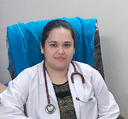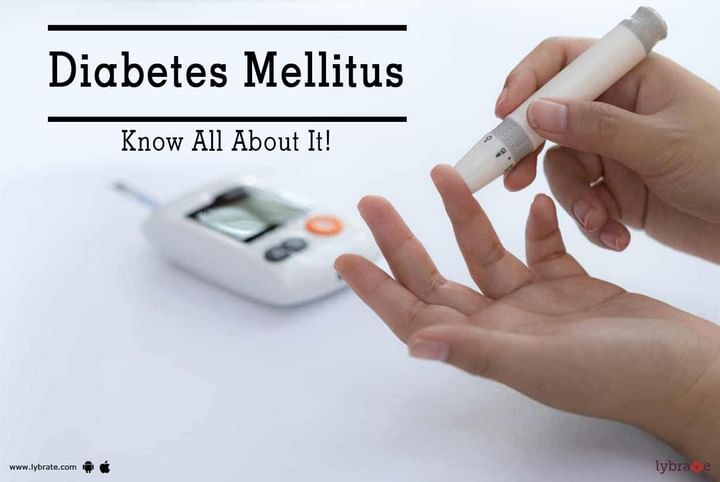Diabetes Mellitus - Know All About It!
What is diabetes mellitus?
Diabetes mellitus occurs when the level of sugar (glucose) in the blood becomes higher than normal. There are two main types of diabetes. These are called type 1 diabetes and type 2 diabetes.
Type 1 diabetes
This type usually develops quite quickly, over days or weeks, as the pancreas stops making insulin. Type 1 diabetes usually first presents in childhood.
Type 2 diabetes
This is more common in people who are overweight or obese. With type 2 diabetes, illness and symptoms tend to develop gradually (over weeks or months). Type 2 diabetes usually starts in middle-aged or elderly adults but is increasingly being seen in children and in young adults.
What are the symptoms of diabetes?
The symptoms when you first develop diabetes may include:
- Being very thirsty a lot of the time.
- Passing a lot of urine.
- Tiredness, weight loss and feeling generally unwell. The symptoms of diabetes resolve when you start treatment for diabetes. However, the symptoms may come back if your blood glucose levels are poorly controlled. Without treatment, the blood glucose level becomes very high.
How is diabetes diagnosed?
The only way to confirm the diagnosis is to have a blood test to look at the level of glucose in your blood. If this is high then it will confirm that you have diabetes. Some people have to have two samples of blood taken and they may be asked to fast (this means having nothing to eat or drink, other than water, from midnight before the blood test is performed). A different blood test which measures a chemical called HbA1c is now also used to diagnose type 2 diabetes.
How is diabetes treated?
- Any person with diabetes needs to follow a healthy lifestyle with a healthy diet, maintaining ideal body weight, taking regular exercise and not smoking. People with type 1 diabetes also always need treatment with insulin.
- Most people with diabetes need to start taking one or more medicines when a healthy lifestyle is not enough to control blood sugar (glucose) levels. Some people with type 2 diabetes need to use insulin injections if the other medicines don't adequately control the blood glucose levels.
- It is also important to keep blood pressure and cholesterol levels in the normal range.
- The treatment for diabetes also includes regular monitoring to diagnose and treat complications at an early stage.
- You should aim to eat a diet low in fat, salt and sugar and high in fibre and with plenty of fruit and vegetables.
What are the aims of treatment?
Although diabetes cannot be cured, it can be treated successfully. If a high blood glucose level is brought down to a normal or near-normal level, your symptoms will ease and you are likely to feel well again. However, you still have some risk of complications in the long term if your blood glucose level remains even mildly high - even if you have no symptoms in the short term. Studies have shown that people who have better glucose control have fewer complications (such as heart disease or eye problems) compared with those people who have poorer control of their glucose level. Studies have also shown that it is very important to keep blood pressure and blood lipid (cholesterol) levels as normal as possible.
Monitoring
It is important to have regular checks, as some complications, particularly if detected early, can be treated or prevented from becoming worse.
Checking for early signs of complications-
Eye checks - to detect problems with the retina (a possible complication of diabetes) which can often be prevented from getting worse. Increased pressure in the eye (glaucoma) is also more common in people with diabetes and can usually be treated.
Blood tests - these include checks on kidney function and other general tests.
Urine tests - these include testing for protein in the urine, which may indicate early kidney problems.
Foot checks - to help to prevent foot ulcers.
Tests for the sensation in your legs to detect early nerve damage.
Can diabetes be prevented?
There is currently no known way to prevent type 1 diabetes although many studies are looking into a number of different possibilities.
Type 2 diabetes can be prevented by following a healthy lifestyle, such as a healthy diet, regular exercise and not being overweight. This is very important for everyone. However, it is particularly important for people who are at increased risk, including those who have pre-diabetes.



+1.svg)
